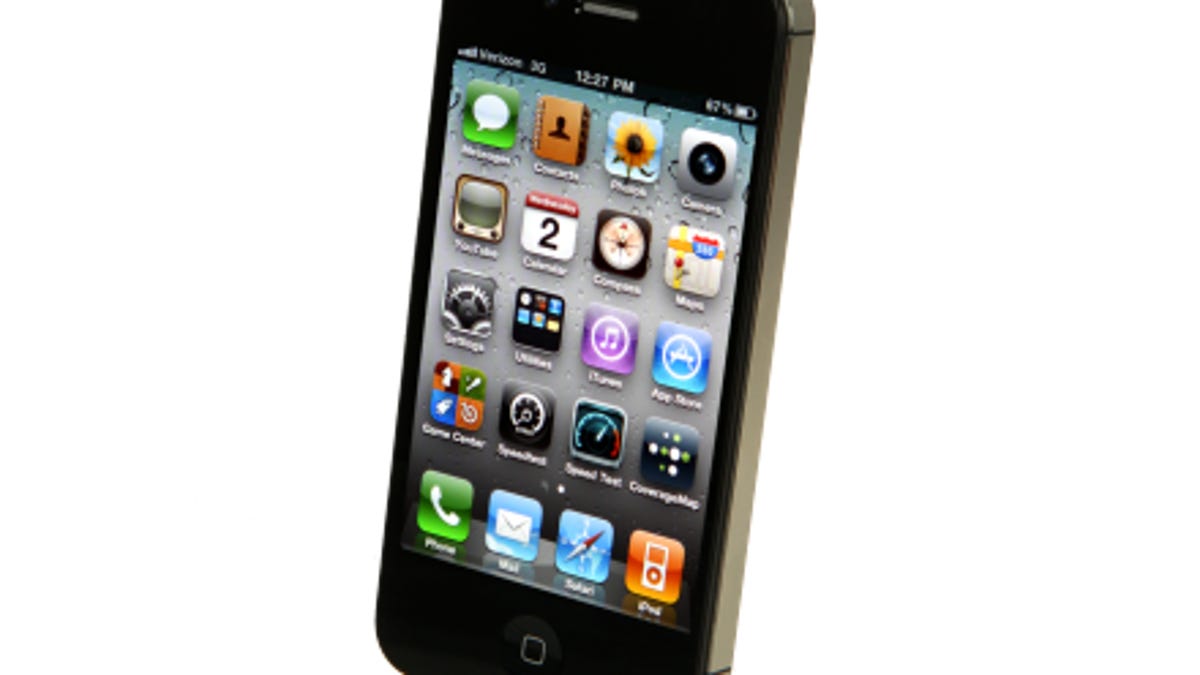Smartphone growth brings Internet to open road
A recent survey found that smartphone owners are using their mobile devices for more than just talking, despite driving laws and common sense.

Add e-mail, Twitter, and Facebook to the growing list of distractions that drivers admit to indulging in while behind the wheel--a recent survey found that smartphone owners are using their mobile devices for more than just talking, despite driving laws and common sense.
Insurance giant State Farm conducted a survey of 912 drivers to learn how smartphones were affecting drivers. Of the licensed drivers that owned a smartphone and reported driving at least 1 hour per week, 19 percent admitted using the Internet while on the go. Looking up directions on their phones counted as using the Internet, but drivers said they also read e-mail, checked Twitter, and updated Facebook while driving.
Internet usage often occurred when drivers were stopped at a red light or in traffic, which is more annoying than dangerous for anyone stuck behind them. But smartphone users also admitted to using Internet applications when driving alone, during daylight hours, or on long drives on the interstate. That means that pretty much anytime you're on the road anywhere, there's a good chance you'll come accross a distracted driver playing FarmVille.
Instances of distracted driving are bound to get worse as the popularity of smartphones increases rapidly. There were 60.2 million smartphone users in the U.S. in 2010, according to an eMarketer report, with steady growth expected each year. By the end of 2011, GigaOM claims, one in two Americans will have a smartphone.
Reading the writing on the wall, some mobile carriers are seeking ways to restrict distracted driving before the Department of Transportation steps in. T-Mobile is promoting the DriveSmart application, which locks down mobile phones and blocks calls, texts, and Internet applications when it detects that the owner is in a car. However, the app only works on the LG Optimus T phone.
Sprint is working with Vancouver-based Aegis Mobility on technology designed to intercept calls and text messages before they get to a phone. The technology could be ready for deployment by the end of this year, according to an article in The New York Times. However, the downside is that for the moment, such technologies are opt-in and easily overridden by the user, and can't differentiate between driver and passenger.

